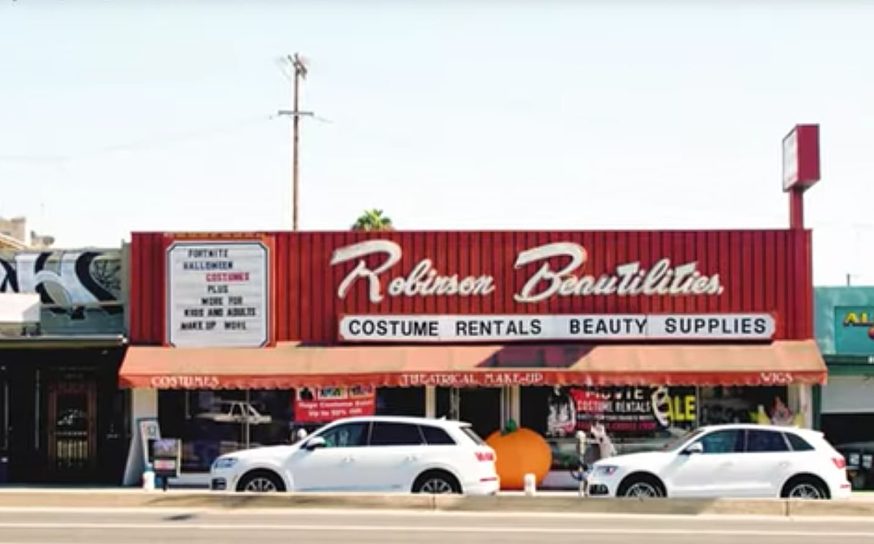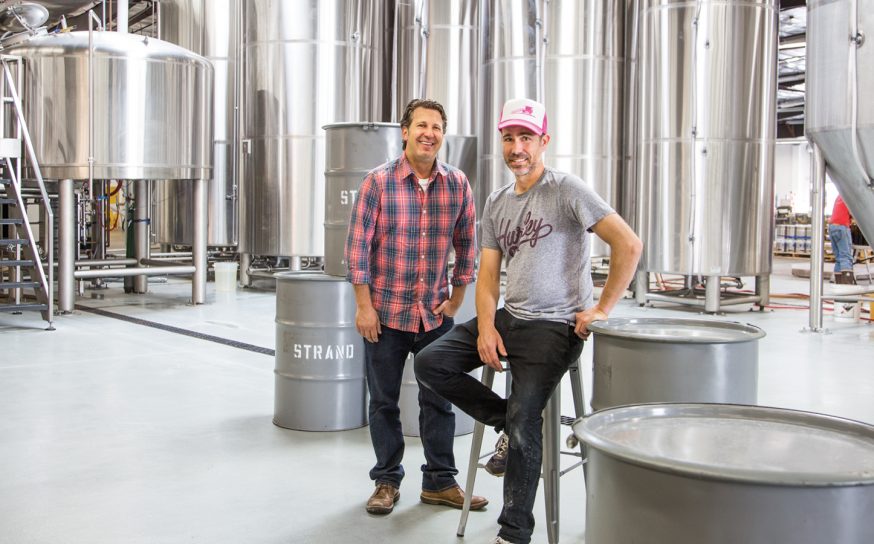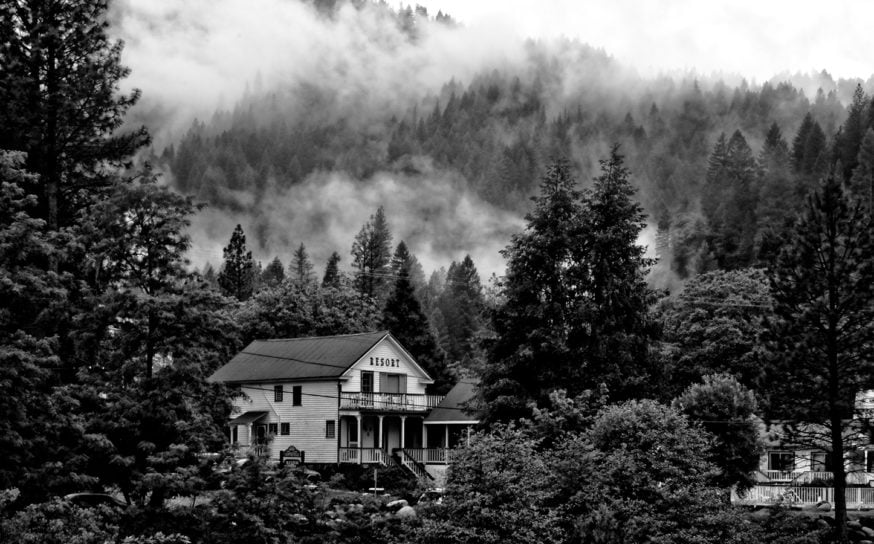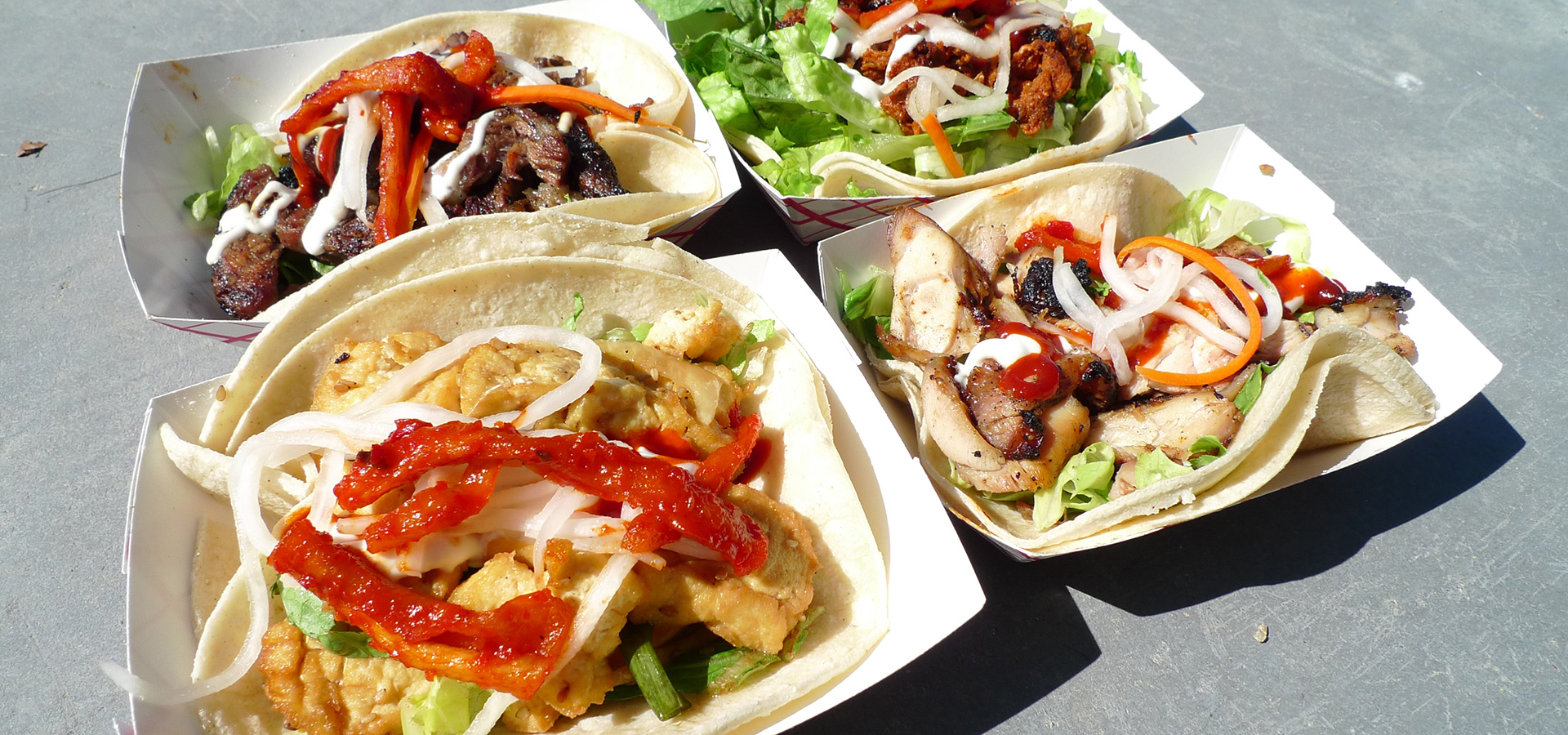
The Mexican-American Roots of the Food Truck Phenomena
How a culinary revolution got its start on the streets of East LA, with a tiny tamale cart.
-
CategoryFarm + Table
Food trucks come in many flavors—French crepes, Indian curry, Chinese dim sum, Vietnamese Pho, Mexican tacos, Korean BBQ—and more calories then we can count. There are even those who offer the devoted customer a single, specialized offering. Grilled Cheese Truck anyone? Food trucks have become so popular, we frequent public venues allocated just for roll-in/walk-up commerce. And though they bring a welcomed late-night snack to guests at fancy events and weddings, their origins are much more humble.
In her recent article for Thrillist, writer Christie Rotondo reveals how street tacos and tamales helped launch a billon-dollar industry.
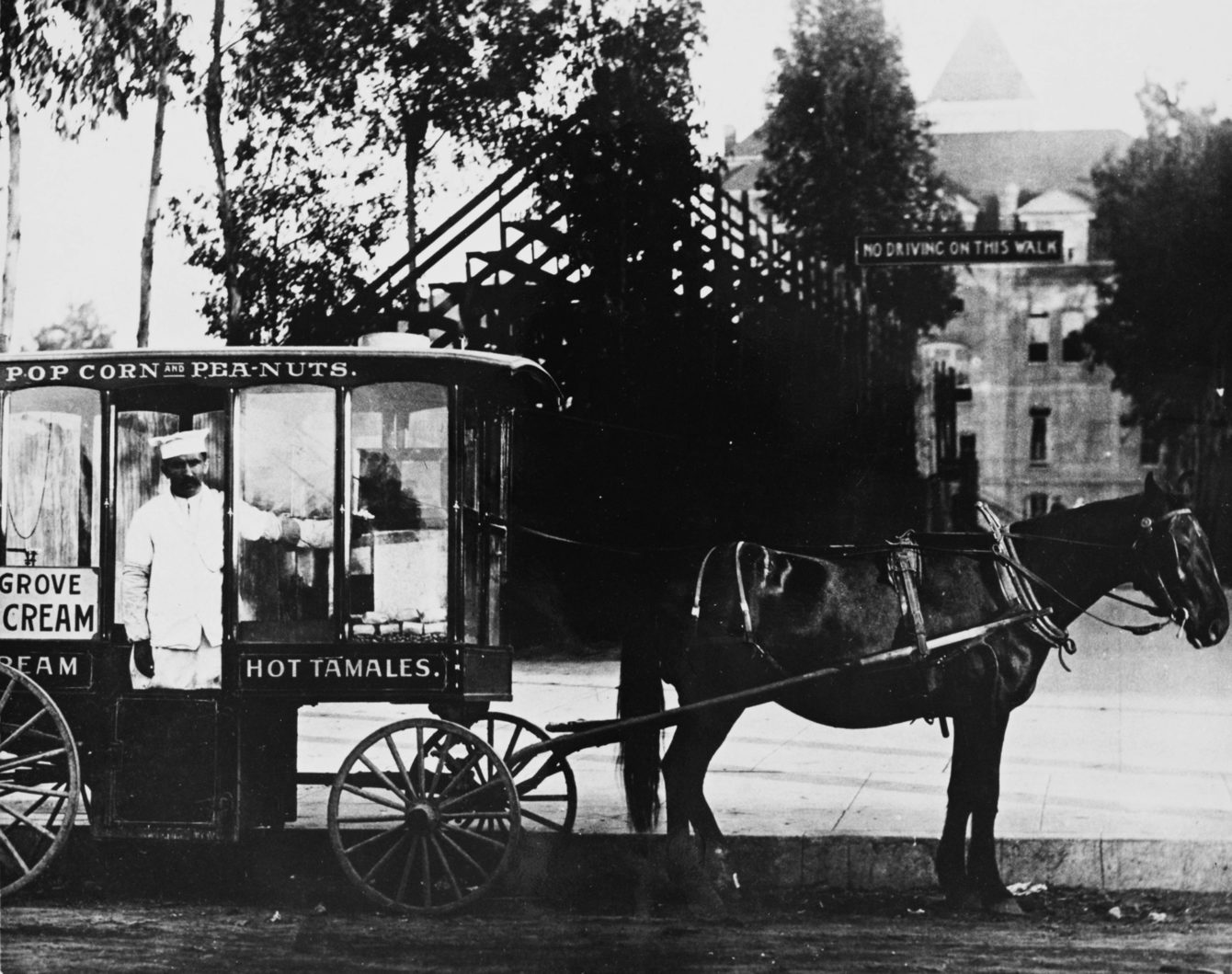
“The tradition of Mexican immigrants selling their hometown dishes out of something perched on four wheels, though, goes back way further than the early aughts. Like, more than a hundred years back.”
She goes on to discuss the tamale wagons that ruled the streets from the late 1800s all the way through the 1940s, noting the tamale men carried their goods in pails while wandering the sidewalks. According to Gustavo Arellano, author of Taco USA: How Mexican Food Conquered America,
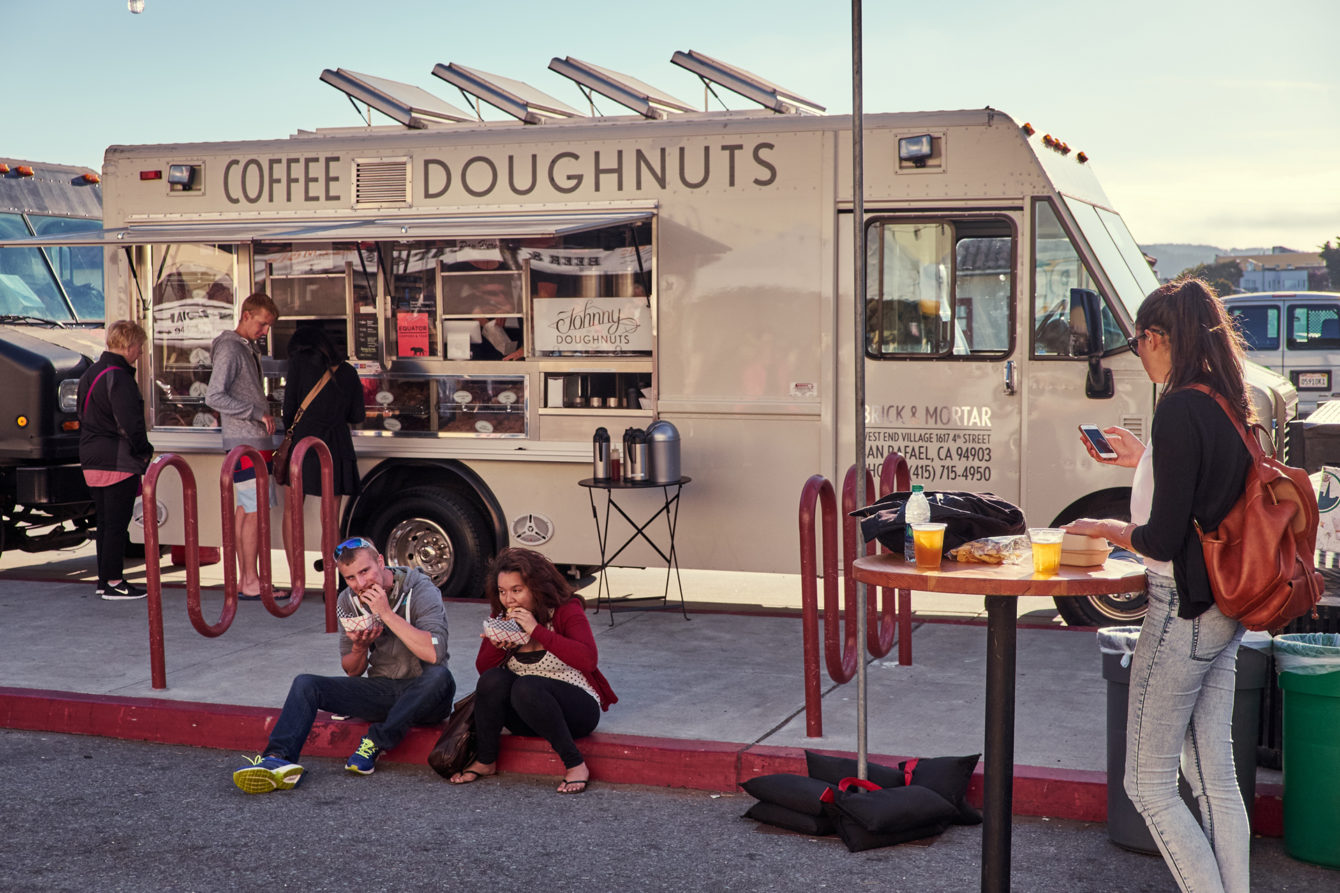
“Los Angeles was so widespread (even in 1870) that the tamaleros would use 8-foot-long wagons, or slightly smaller pushcarts, to sell not only tamales but everything from Mexican goat stews to—yes—tacos.”
By the 1950s, new city ordinances and the auto boom threatened to wipe the vendors off the streets for good. But thanks to a tenacious entrepreneurial spirit and the support of countless hungry fans, food trucks continued to emerge, evolve and engage new audiences, challenging laws and forming unions along the way. Today, alongside the old-school taco trucks and loncheros, you see food trucks serving up everything from gumbo to gelato.
Says Rotondo, “Suddenly, what Mexican immigrants had been doing for decades was the “it” way to dine.”
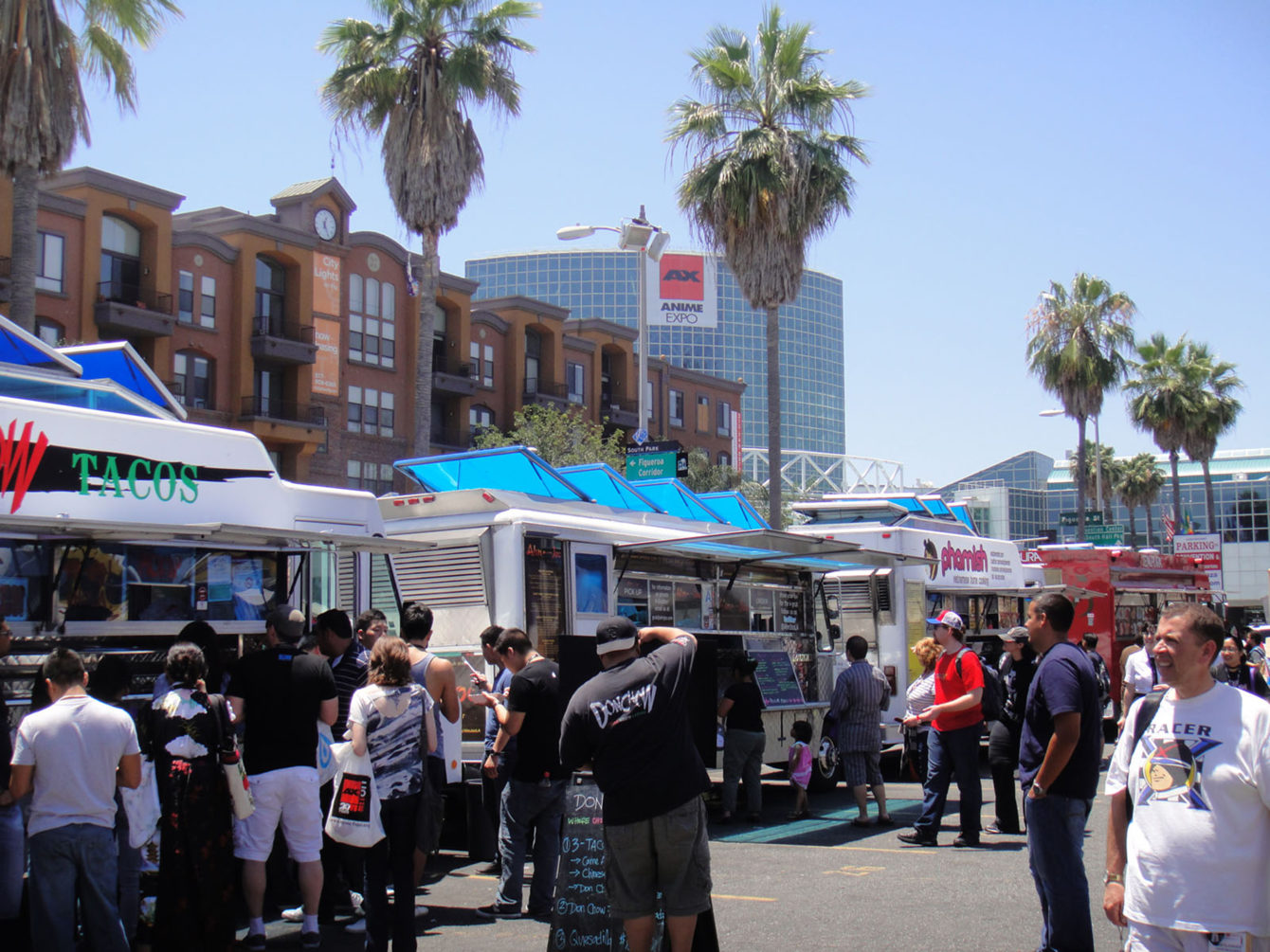
Read the entire Thrillist article and uncover more history of food trucks here.
Erin Anne Delivers “Tough Love” and Scenes of Los Angeles in New Video
Her debut album, co-produced by Alex Rogers, gets a re-release through Carpark Records.
Strand Brewing Co. Seizes Golden Opportunity in Los Angeles Beer Scene
Pouring it all into their craft, the creators of Torrance’s Strand Brewery Co. expand on their recent success and look toward a promising future.
Robert Rauschenberg’s Ambitious 17-Year, Quarter-Mile Project Arrives at LACMA
The massive installation and the artist’s L.A. connection highlight the exhibition.



